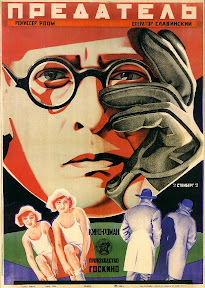"Il y a is used to state that a person, place, or thing exists. It does not necessarily mean that the item in question can be seen from where you are standing:
Dans ma chambre il y a un lit, un bureau et des chaises.
In my room, there are a bed, a desk, and some chairs. (They exist.)"
When learning a new language, the mechanics of grammar and reference reveal themselves in interesting ways. Thinking back to things I've read and the way ideas are translated into my native tongue, it is enlightening to feel the nuances of poetic texts. The words that I read shape me through their presentation, their phrasings, their quickness or slowness, their tones. But we don't remember the words of the text exactly, we are left only with senses and spirits, ghosts of the words composing our sustained reality.
I'm glad I don't have a photgraphic memory. Like these phantom poetries, I can only remember what I feel from remembrance; an impossible articulation of feeling, cyclically emerging from a point of emotion deep within recollection. From Poetics of Space:
"And all the spaces of our past moments of solitude, the spaces in which we have suffered from solitude, enjoyed, desired and compromised solitude, remain indelible within us, and precisely because the human being wants them to remain so. He knows instinctively that this space identified with his solitude is creative; that even when it is forever expunged from the present, when, henceforth, it is alien to all the promises of the future, even when we no longer have a garret, when the attic room is lost and gone, there remains the fact that we once loved a garret, once lived in an attic. We return to them in our night dreams. These retreats have the value of a shell. And when we reach the very end of the labyrinths of sleep, when we attain to the regions of deep slumber, we may perhaps experience a type of repose that is pre-human; pre-human, in this case, approaching the immemorial.
But the daydream itself, the recollection of moments confined, simple, shut-in space are the experiences of heartwarming space, of a space that does not seek to become extended, but would like above all still to be possessed. In the past, the attic may have seemed too small, it may have seemed cold in winter and hot in summer. Now, however, in memory recaptured through daydreams, it is hard to say through what syncretism the attic is at once small and large, warm and cool, always comforting."
We can never recount our dreams perfectly; people think we're mad or boring or distant from them, and writing them down leads to a forced embellishment erring on all sides. We can only emerge into dreams and out of them into the swelling feeling of a true memory, the fountainhead of a feeling. We are always only ghosts of ghosts of a memory that can never be written down, can never be spoken of.

